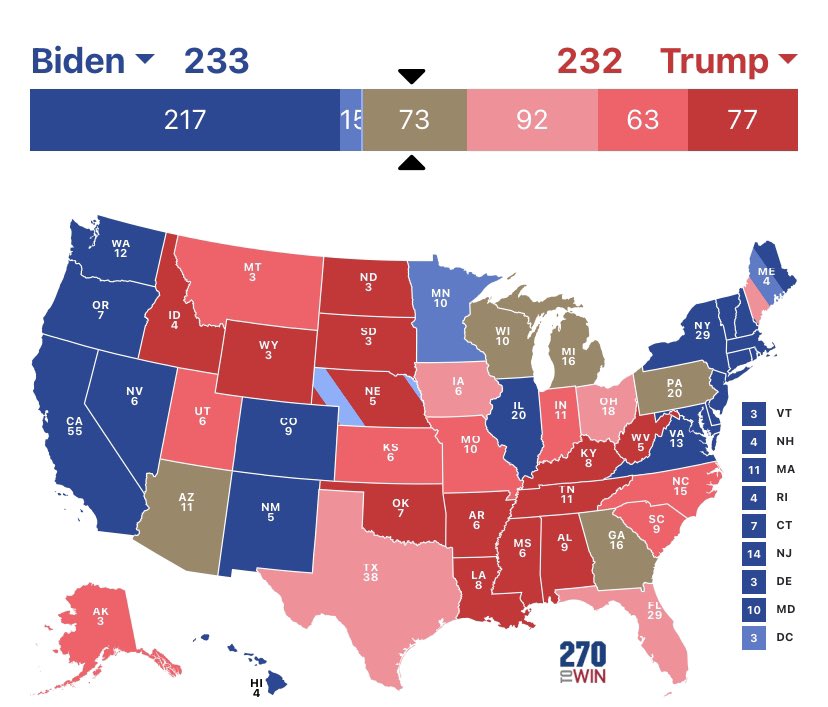
Pardon thread:
I've seen many people, including legal experts, claim that accepting a pardon means admitting guilt.
This simply is not the American practice.
Here is a thread on Burdick dicta and pardons for innocent people (DNA exonerations, etc.) 1/
I've seen many people, including legal experts, claim that accepting a pardon means admitting guilt.
This simply is not the American practice.
Here is a thread on Burdick dicta and pardons for innocent people (DNA exonerations, etc.) 1/
2/
See @ProfBrianKalt's op-ed explaining the oft-cited case Burdick (1915) as dicta:
"Burdick was about a different issue: the ability to turn down a pardon. The language about imputing and confessing guilt was just an aside — what lawyers call dicta..."
washingtonpost.com/outlook/five-m…
See @ProfBrianKalt's op-ed explaining the oft-cited case Burdick (1915) as dicta:
"Burdick was about a different issue: the ability to turn down a pardon. The language about imputing and confessing guilt was just an aside — what lawyers call dicta..."
washingtonpost.com/outlook/five-m…
3/ "The court meant that, as a practical matter, because pardons make people look guilty, a recipient might not want to accept one. But pardons have no formal, legal effect of declaring guilt." - @ProfBrianKalt
4/ The Death Penalty Information Center has a page of "Innocence Cases," including 10 pardons for *innocence*
See:
deathpenaltyinfo.org/policy-issues/…
See:
deathpenaltyinfo.org/policy-issues/…
6/ One other note:
If there is state criminal jeopardy, a person can still invoke privilege against self-incrimination after a federal pardon, & vice versa.
See Murphy v. Waterfront Comm'n (1964).
If Flynn faces questions that implicate state crimes, he can still plead the 5th.
If there is state criminal jeopardy, a person can still invoke privilege against self-incrimination after a federal pardon, & vice versa.
See Murphy v. Waterfront Comm'n (1964).
If Flynn faces questions that implicate state crimes, he can still plead the 5th.
7/ PS @EricColumbus noted that the DOJ itself recognizes the category of pardons for innocence:
https://twitter.com/EricColumbus/status/986717368029237248?s=20
• • •
Missing some Tweet in this thread? You can try to
force a refresh



